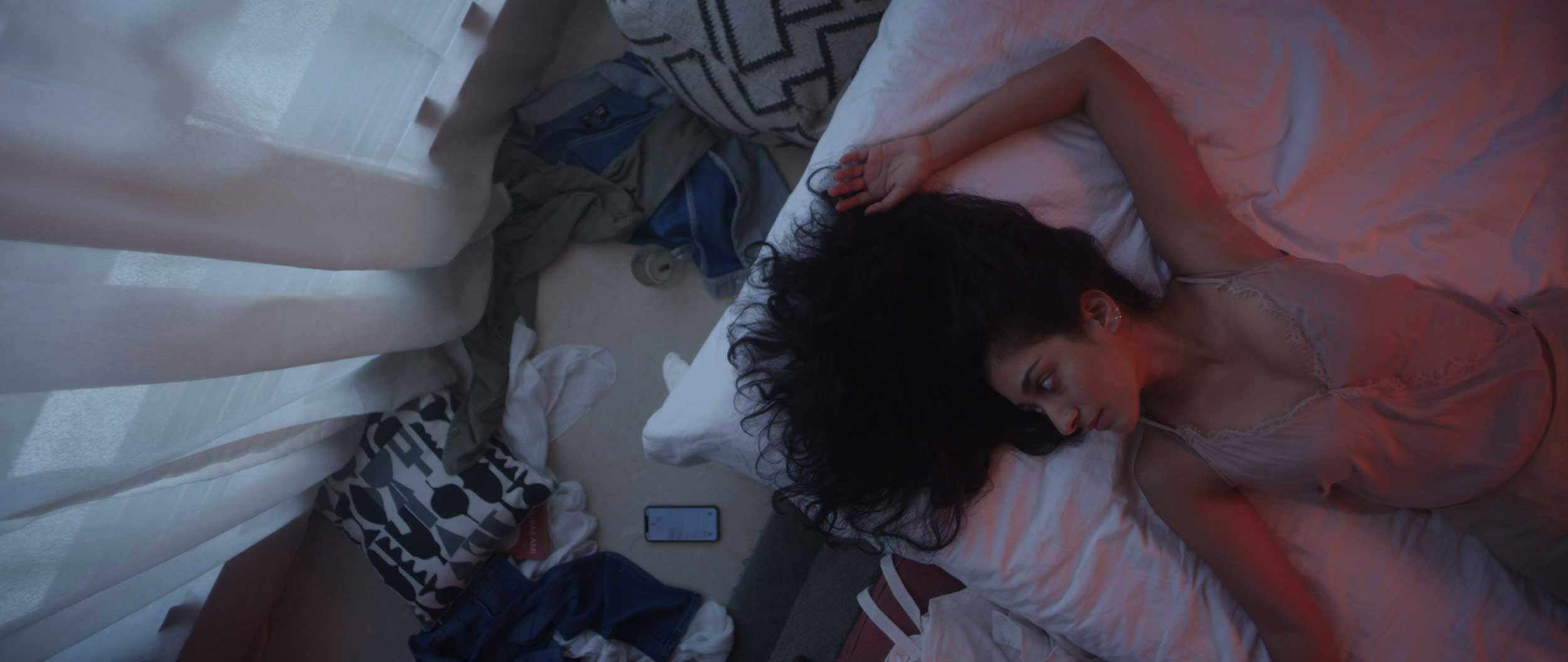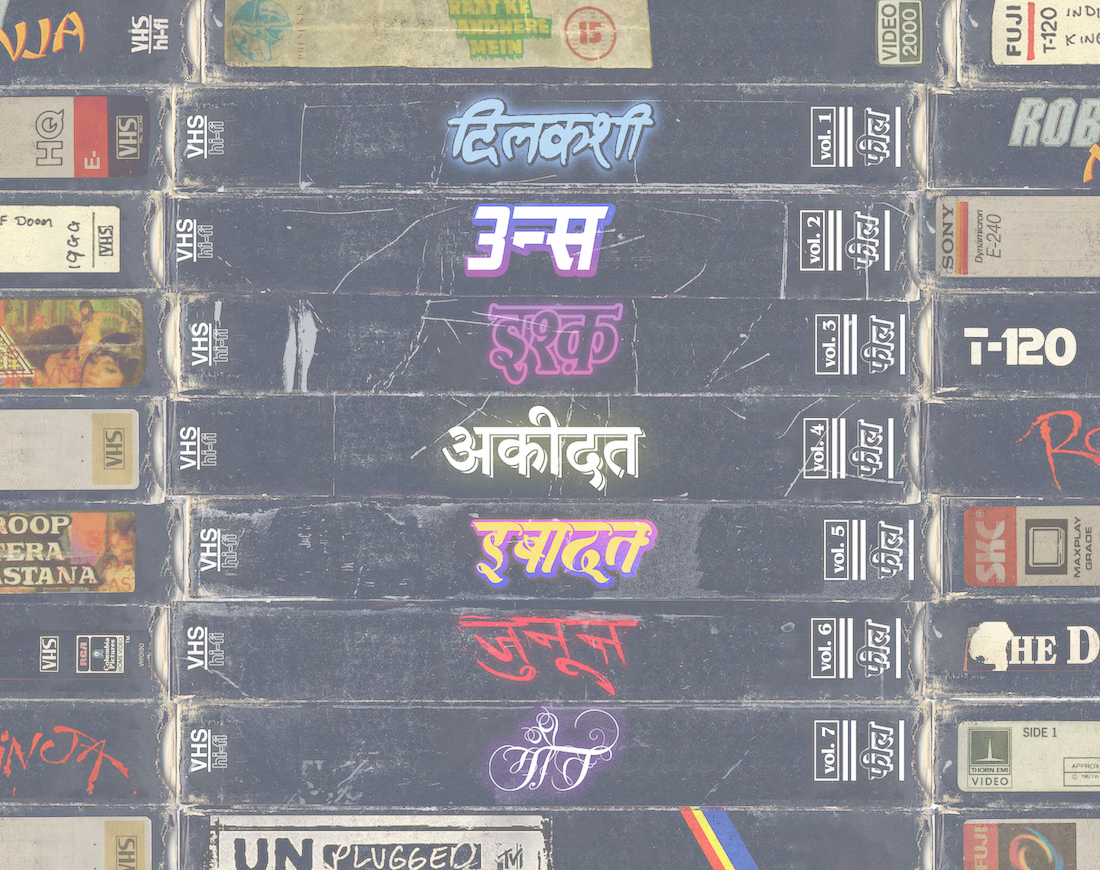The skittering electronic/R&B notes and music video of Roshni somehow resonate with the Sisyphean self-imposed isolation that we are all too familiar with in the ongoing Covid-19 pandemic. Sickflip is able to alleviate Ritviz’s Indian classical influenced music to a different, more organic level than we are used to hearing from the latter. Seedhe Maut abandon their trademark firebrand rapping style for Roshni, their mellow, poignant vocals adding to the feeling of being entranced and embraced both by the song. Sickflip’s music is moody and atmospheric, the music video exploring the duality of emotional brokenness and catharsis, the extremes of emotions and numbness. The protagonist of the video, Aiman Mukhtiar, plays Roshni, who embodies the everyday youngster who struggles to balance her own feelings of loneliness, insecurities, and inability to put into coherence her experience of daily life and relationships. She appears in isolation through most of the video, her happy memories captured into polaroid like frames, indicative that such a lived experience is now a thing of the past.
The protagonist is going through emotional turmoil for reasons unknown, whether it is due to the ending of relationship(s), or depression and the loneliness associated with it, is kept open to interpretation by the audience. The video is about the universal feeling of loss and despair, coping with the stages of grief, and coming to terms with it. As the track goes through its melodic vocal ups and downs, the lighting and colours speaks volumes on their own. Aiman’s character appears to be in therapy during the beginning of the video, muted colours and cinemascope seem to be the language of her despair. The state of her undercurrent emotions acquire a more vibrant red and blue colour, as she is shot in claustrophobic closeups against a black background in a restricted 1:1 aspect ratio; for her, the only real emotions are those of sadness and despair. Only in the last frame do we see them seeping a little into the dream like stance she has been, along with the other apparent lift in her demeanour, signifying a welcome change. Soft light leaks through the stupor of the frames we have seen so far, as Aiman/Roshni is wrapped up in a hug, and achieves an emotional breakthrough as well. We see her cry for the first time, her emotions finally bubbling up to the surface as she takes refuge in the safe space her friends provide her. The cathartic, final moment of Roshni’s journey is one we all hope to achieve at some point, as we see a small assured smile on her face while the video fades out into white.
On 19th June, Ritviz shared the song on his YouTube channel, imploring the listeners to stop what they were doing, close their eyes, and let the song create visuals in their head. As we all sit in-home quarantine, Roshni is a relatable and revealing portrait of intimacy with oneself in these troubling times. The lyrics point to the importance of empathy, as all of us struggle with our crumbling mental health in a year when concepts of time, work, life, and the self, have all threatened to become so obsolete that the most fundamental part of our identities has been shook to the very core. For different individuals, the struggle is different, as the lyrics point out, and yet everyone is going through the same inevitable feeling to find that proverbial light at the end of the tunnel, while also finding themselves, as Roshni does in this video.
Text by Nikita Saxena.
Video by The Outbox Project.





